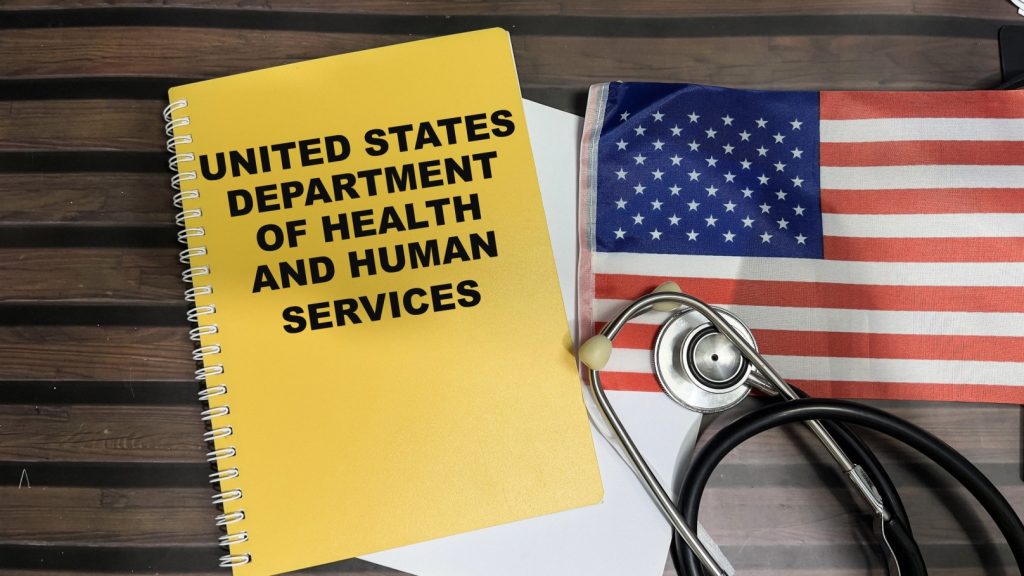National Library of Medicine
Mobile Health (mHealth) Interventions to Increase Cancer Screening Rates in Hispanic/Latinx Populations: A Scoping Review
Hispanic/Latinx persons have disproportionately lower breast, cervical, and colorectal cancer screening rates than non-Hispanic White (NHW) persons...
Identification of 969 protein quantitative trait loci in an African American population with kidney disease attributed to hypertension
. 2022 Jul 20;S0085-2538(22)00547-6.
doi: 10.1016/j.kint.2022.07.005.
Online ahead of print.
Affili...
Tumor immune microenvironment of self-identified African American and non-African American triple negative breast cancer
Differences in the tumor immune microenvironment may result in differences in prognosis and response to treatment in cancer patients. We hypothesiz...
Online Racism and Mental Health Among Black American Adolescents in 2020
Objective:
To determine whether rates of online racial discrimination changed over the course of 2020 and their longitudinal effects...
Unequitable Heart Failure Therapy for Black, Hispanic and American-Indian Patients
Review
doi: 10.15420/cfr.2022.02.
eCollection 2022 Jan.
Affiliations
Expand
...
Treatment Inequity: Examining the Influence of Non-Hispanic Black Race and Ethnicity on Pancreatic Cancer Care and Survival in Wisconsin
Introduction:
We investigated race and ethnicity-based disparities in first course treatment and overall survival among Wisconsin pa...
Trending Topics
Features
- Drive Toolkit
Download and distribute powerful vaccination QI resources for your community.
- Health Champions
Sign up now to support health equity and sustainable health outcomes in your community.
- Cancer Early Detection
MCED tests use a simple blood draw to screen for many kinds of cancer at once.
- PR
FYHN is a bridge connecting health information providers to BIPOC communities in a trusted environment.
- Medicare
Discover an honest look at our Medicare system.
- Alliance for Representative Clinical Trials
ARC was launched to create a network of community clinicians to diversify and bring clinical trials to communities of color and other communities that have been underrepresented.
- Reducing Patient Risk
The single most important purpose of our healthcare system is to reduce patient risk for an acute event.
























